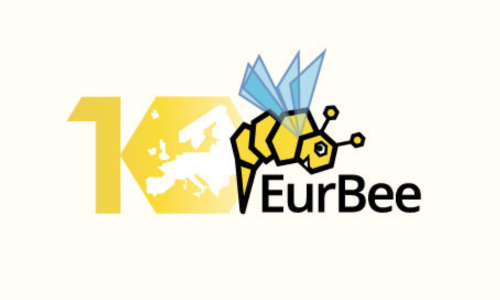- All Abstracts
- Pollinator conservation: from bees to board rooms
Jane Stout
School of Natural Sciences, Trinity College Dublin, Dublin, Ireland
Pollinator conservation: from bees to board rooms
One of the justifications for the conservation of bees is because of the fundamental
role they play in plant pollination. Given that the vast majority of plant species on earth are
animal pollinated, and bees are primary pollinators for many species, they play an essential
role in our ecosystems. They also are important for maintaining yields of food, timber and
fiber crops, and for maintaining populations of other plant species of value to humans.
These may be non-cultivated species that are collected from the wild (e.g. plants that
produce edible berries or seeds, or have medicinal properties), or those that help regulate
climate, water and nutrient cycles. Or they may be plants that contribute to landscape
aesthetics, culture or spirituality.
The multiple values of pollination to human society and well being, although not well
quantified, have stimulated widespread concern about pollinator decline, and action at
a range of scales, from individuals to businesses and governments, often cooperating
at regional and even global levels. To implement effective conservation of pollinators, a
transdisciplinary approach is required. Of course, we need to understand the ecology of
pollinators to determine what, where and when to implement conservation action. But we
also need to understand the socio-economic and political contexts in which conservation
is being undertaken, and the psychology of behaviour change.
Thus scientists who specialize in pollination ecology need to work across disciplines and
with a multitude of stakeholders to achieve conservation goals. This has been successfully
achieved in various places, including in Ireland, through the All-Ireland Pollinator Plan. This
plan has engaged citizens from across the island of Ireland, from a range of sectors, and
has resulted in a widespread change in the way public and private lands are managed to
promote pollinators.
However, challenges remain to integrate actions in the context of broader environmental,
social and economic goals at local, regional and global scales.
